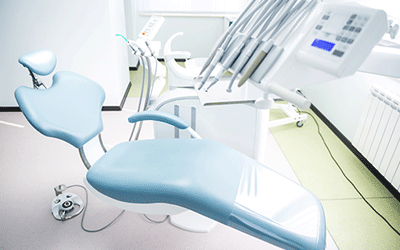Image Credit:
Image Credit:

At a normal atmospheric pressure, your body and organs have equalized external pressure. However, if you’re to experience atmospheric extremes (for example, higher pressure when scuba diving or lower pressure when flying), you will feel the effects of these pressure changes and it isn’t always pleasant. Because your body isn’t able to equalize the pressure like normal, pain and discomfort can result.
The oral structure most likely to have an effect on the teeth would be the sinus cavities. The lower walls of the maxillary sinus are right next to the upper back teeth, even sharing the same nerve pathways. Because of this, pain from your sinuses attempting to equalize the pressure can be felt in the teeth and vice versa. This is known as referred pain and can very uncomfortable. This will put a damper on your vacation!
Because of the above reasons, we here at Balota Family Dentistry recommend that you take care of any dental problems before you board an airplane or go scuba diving. Taking action early on can help to save you a lot of pain and money in the long run.
To schedule an appointment for a pre-flight dental cleaning and checkup, please contact Balota Family Dentistry here in Colorado Springs, Colorado.
We don’t only care about your smile, We care about you! Follow us on our blog to review trending topic and resources for oral care.